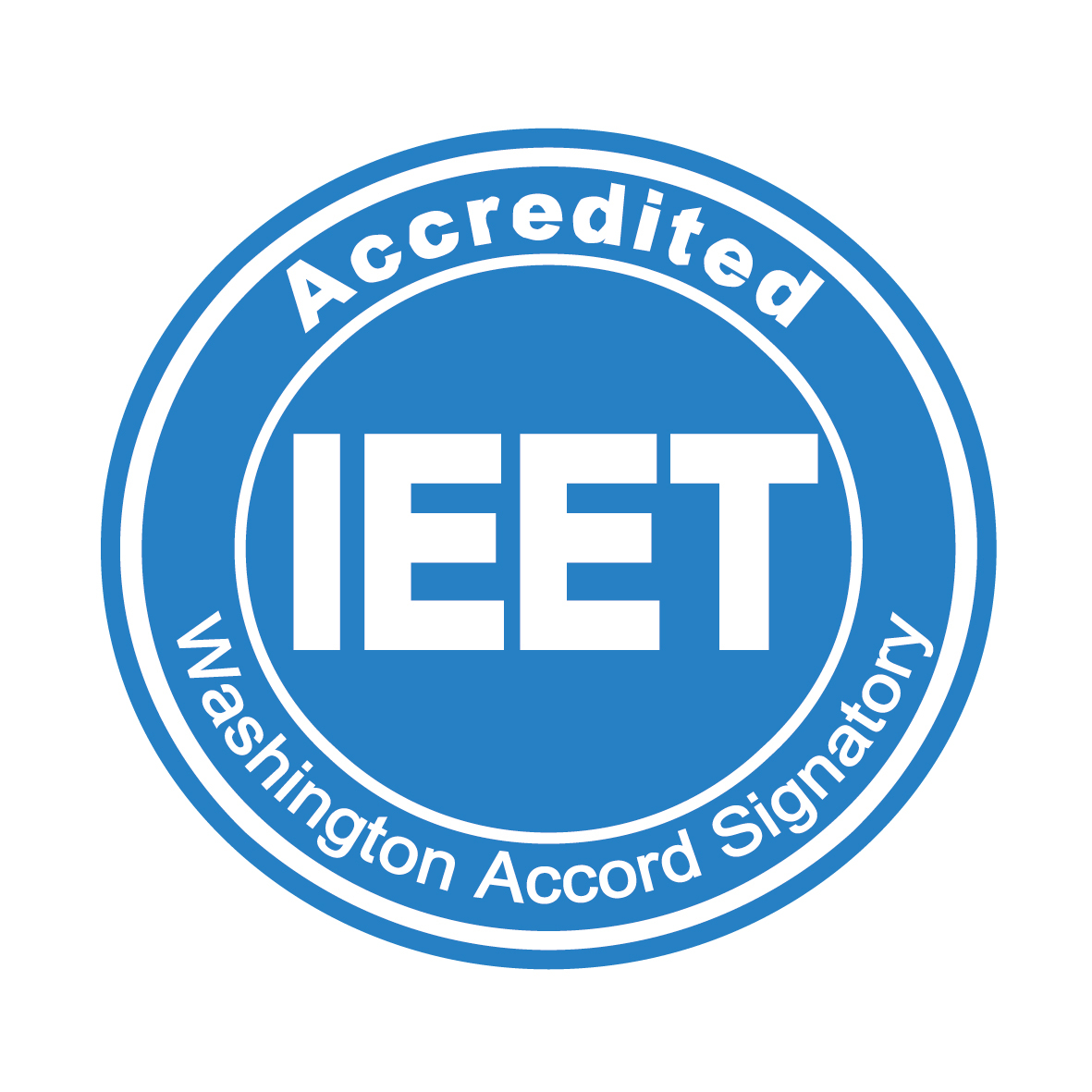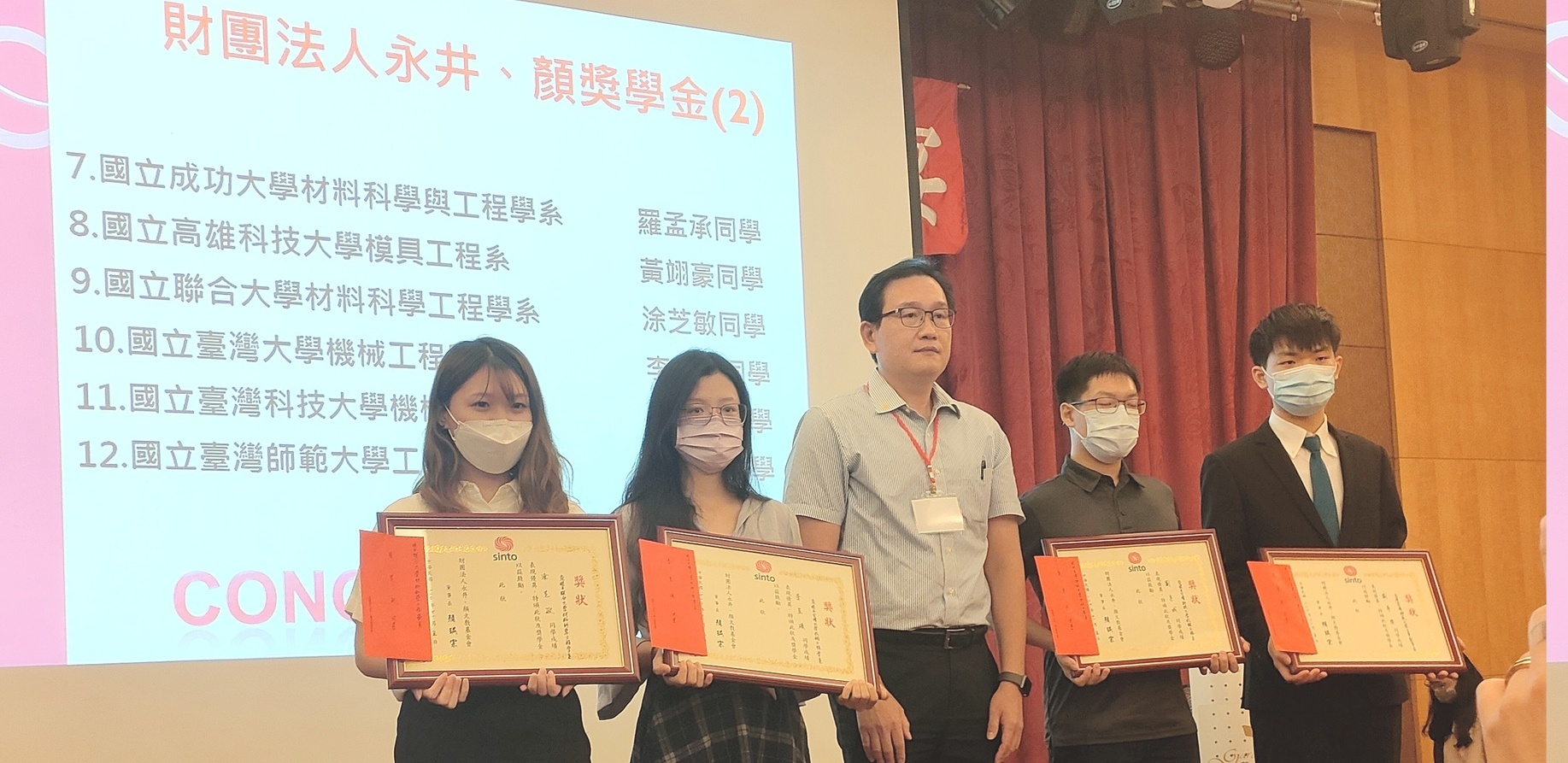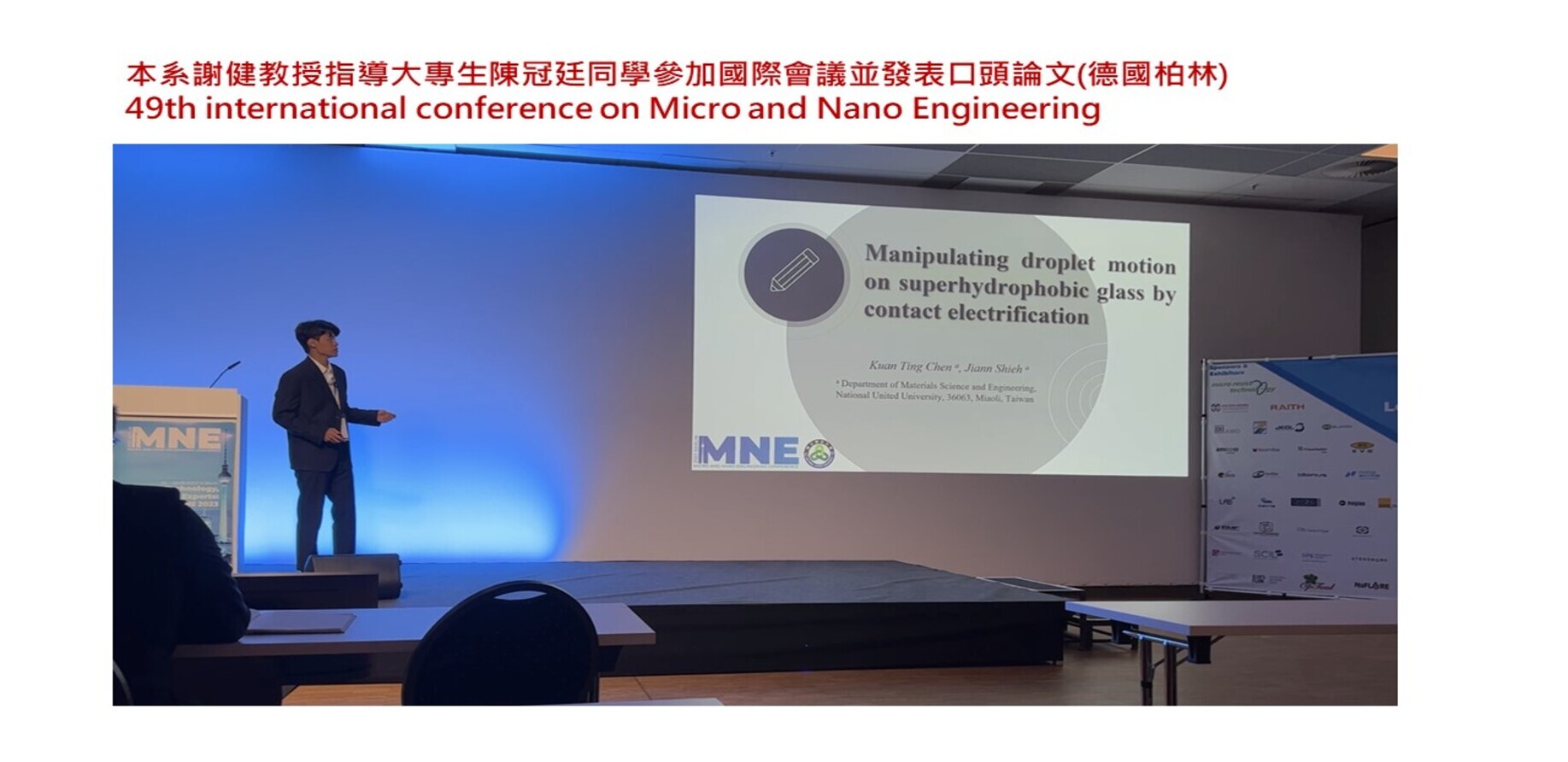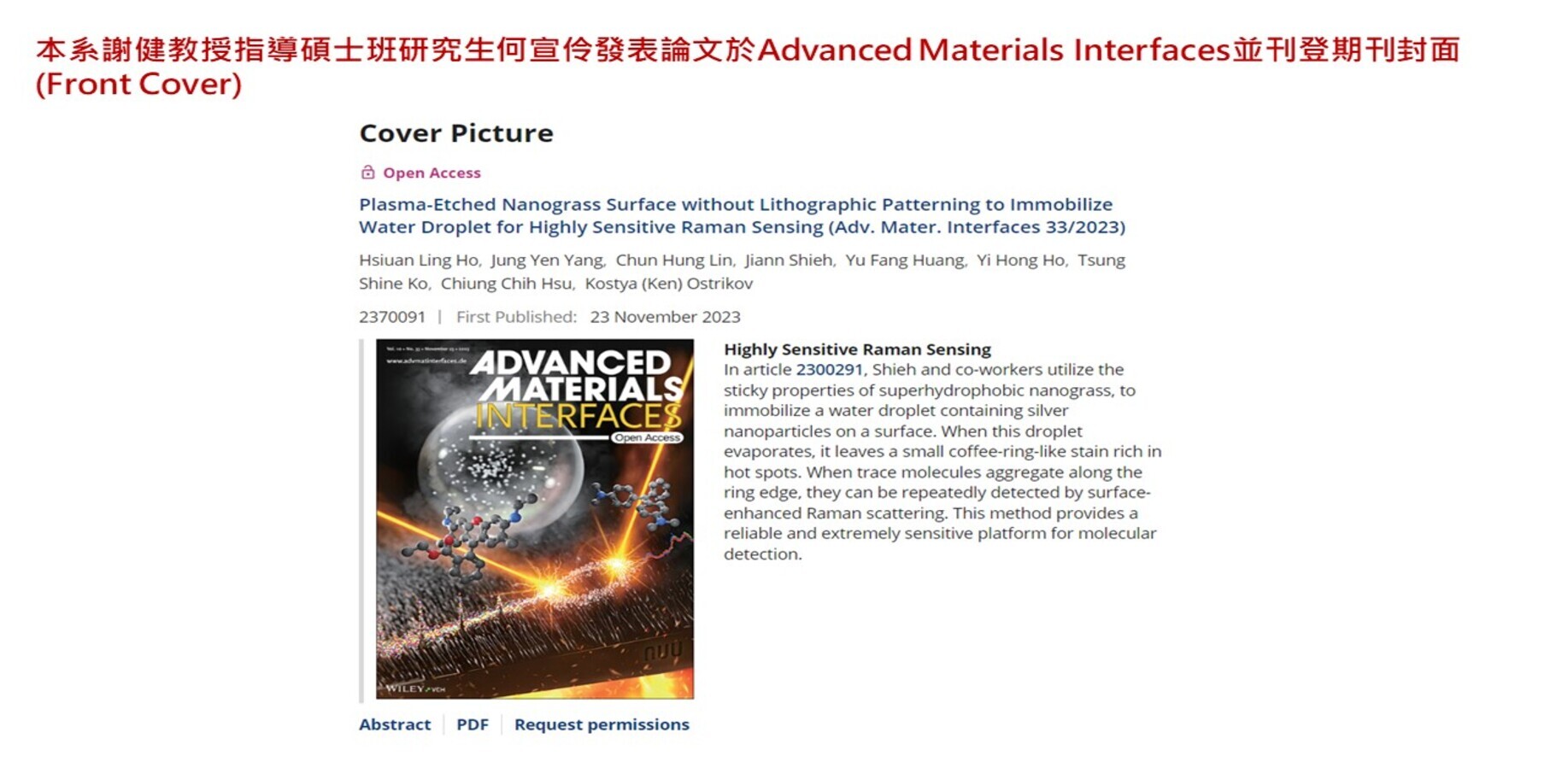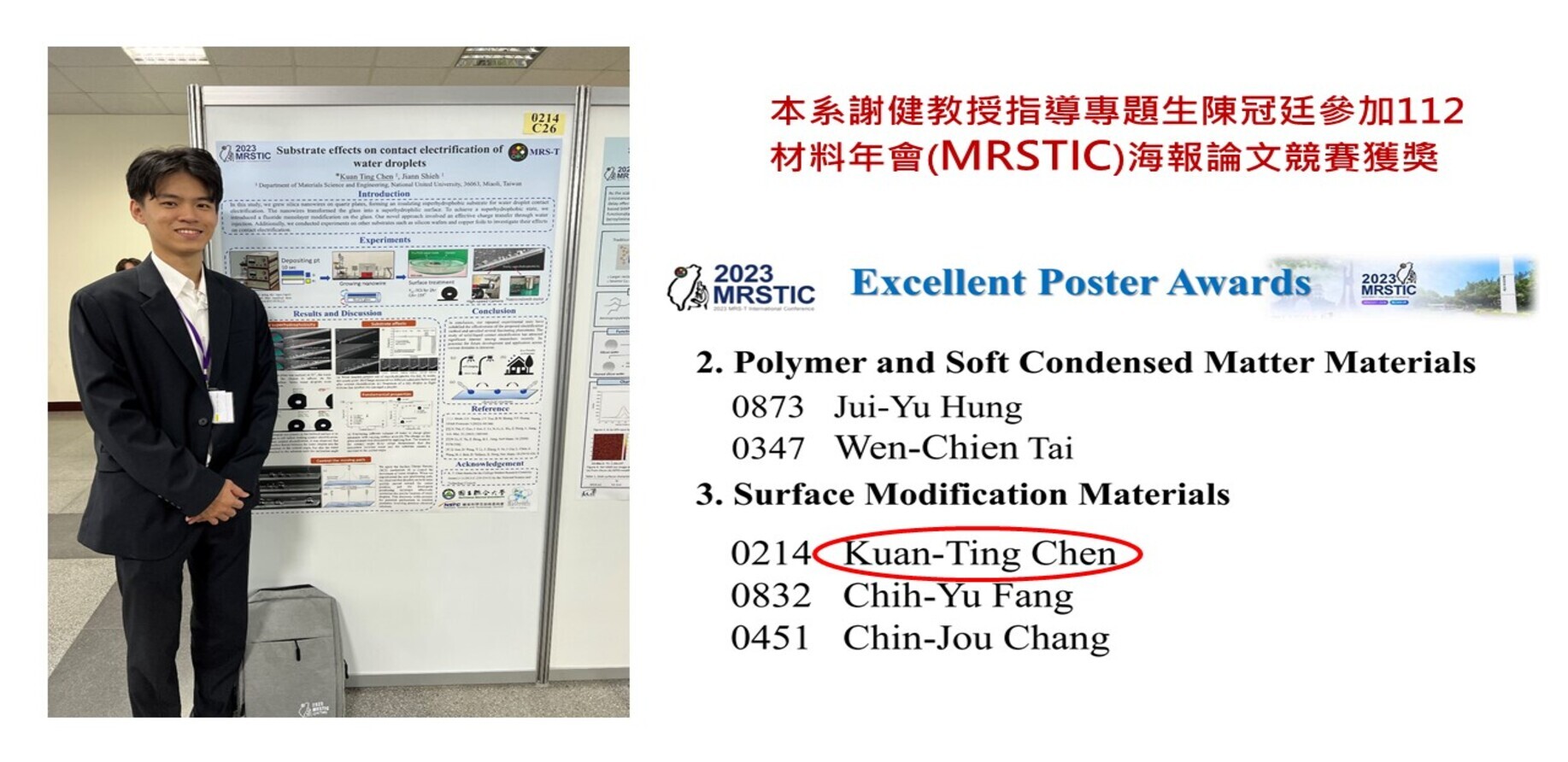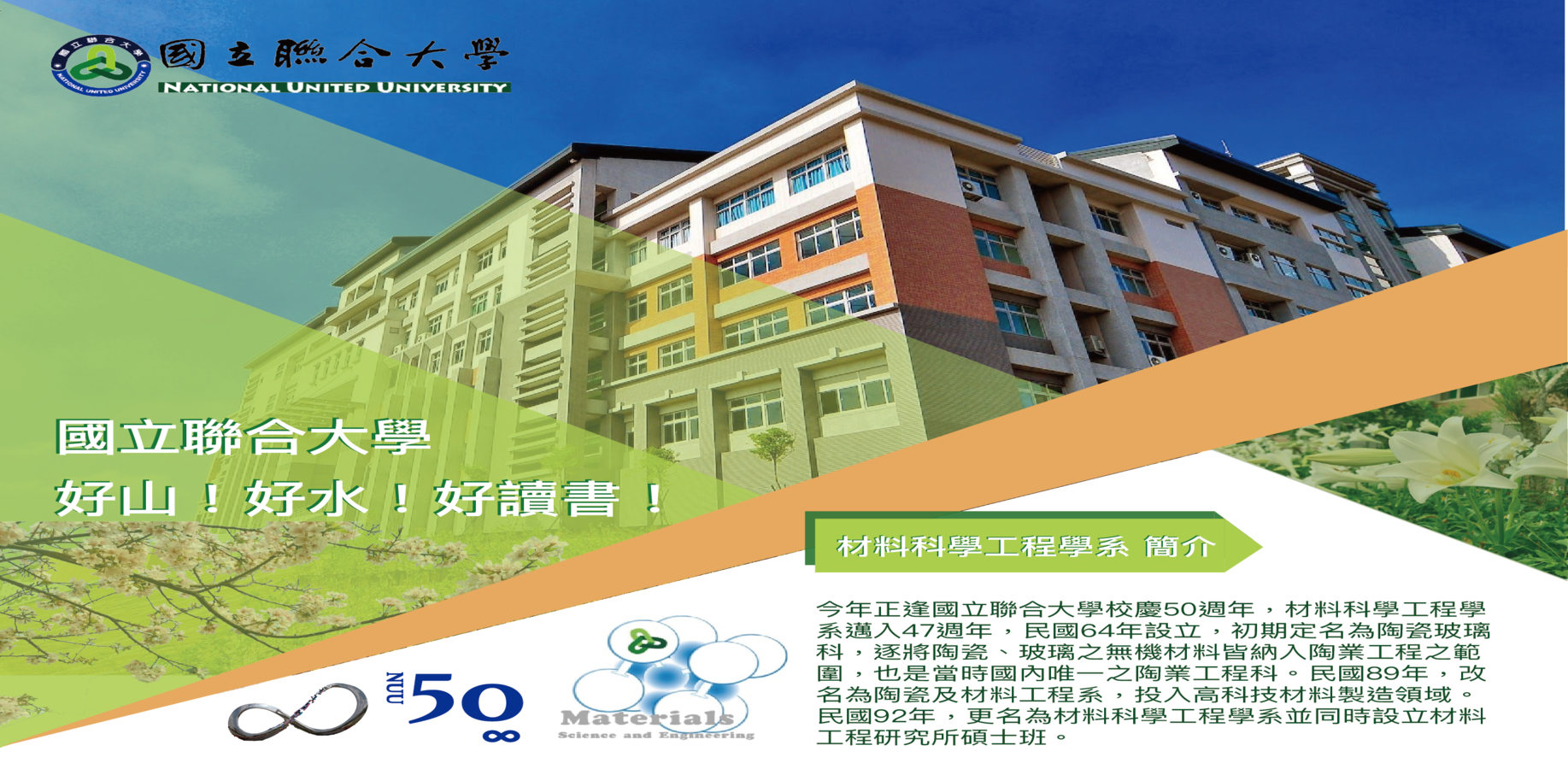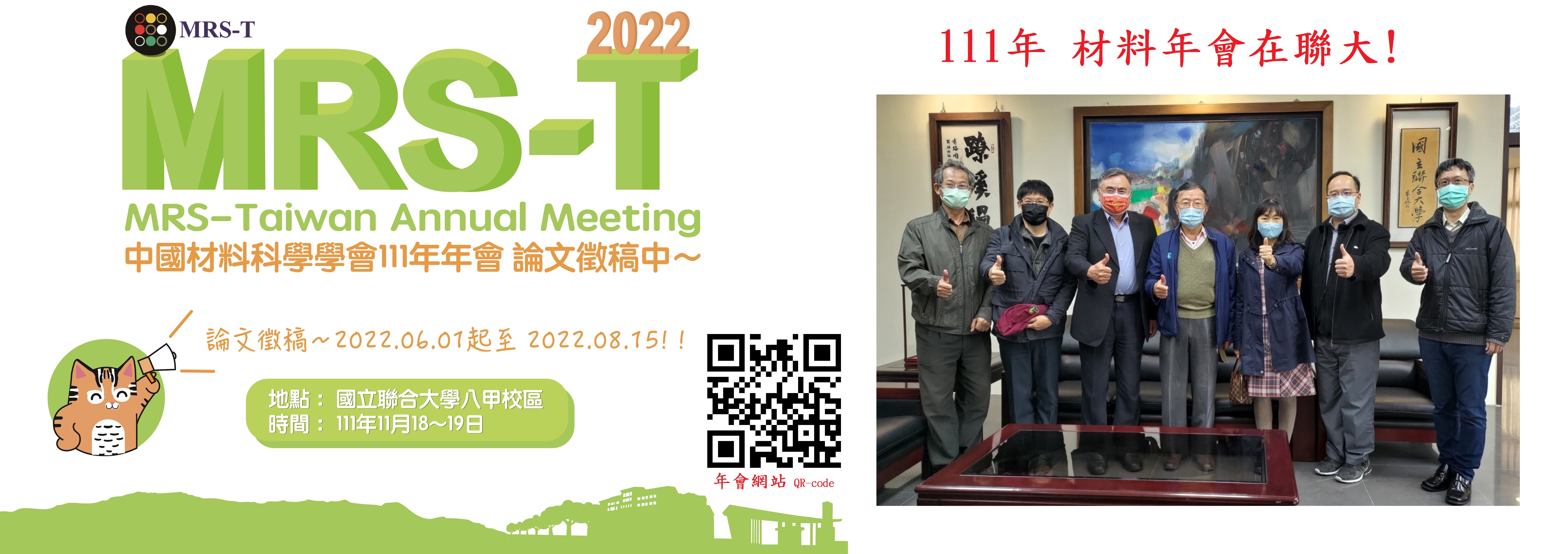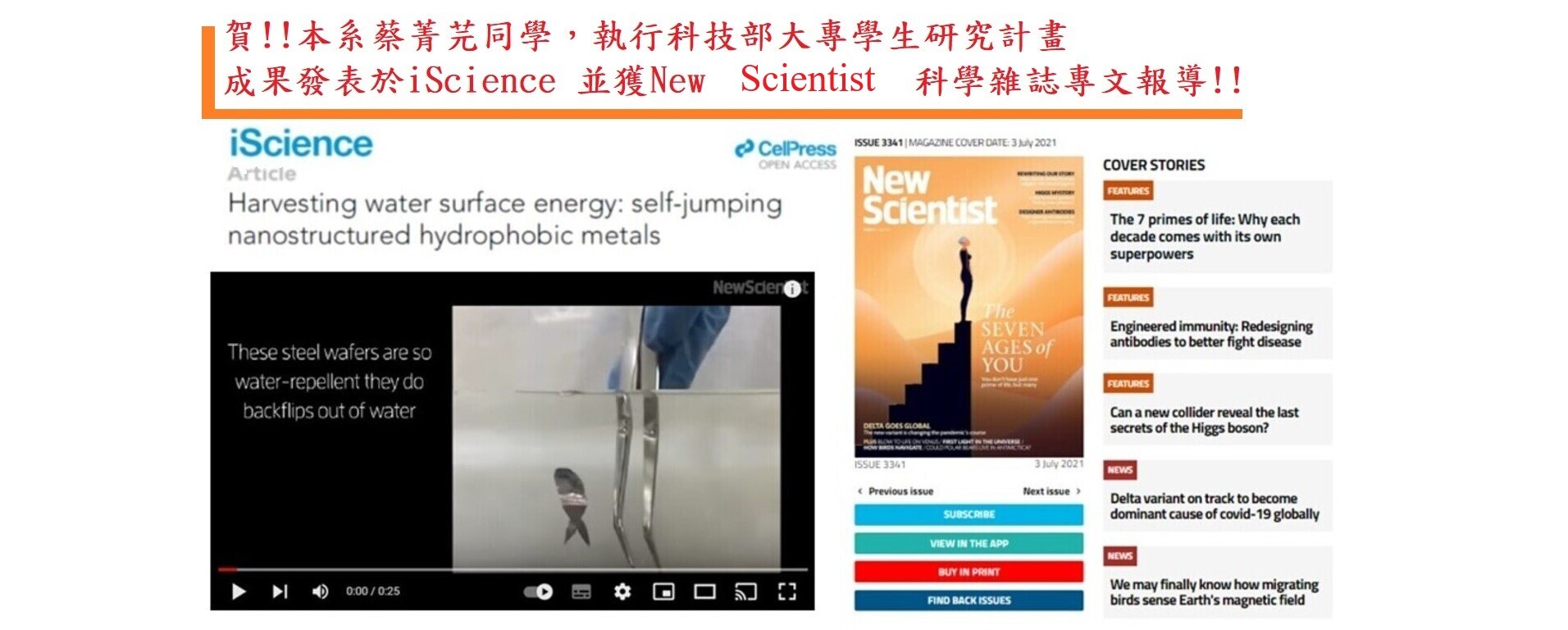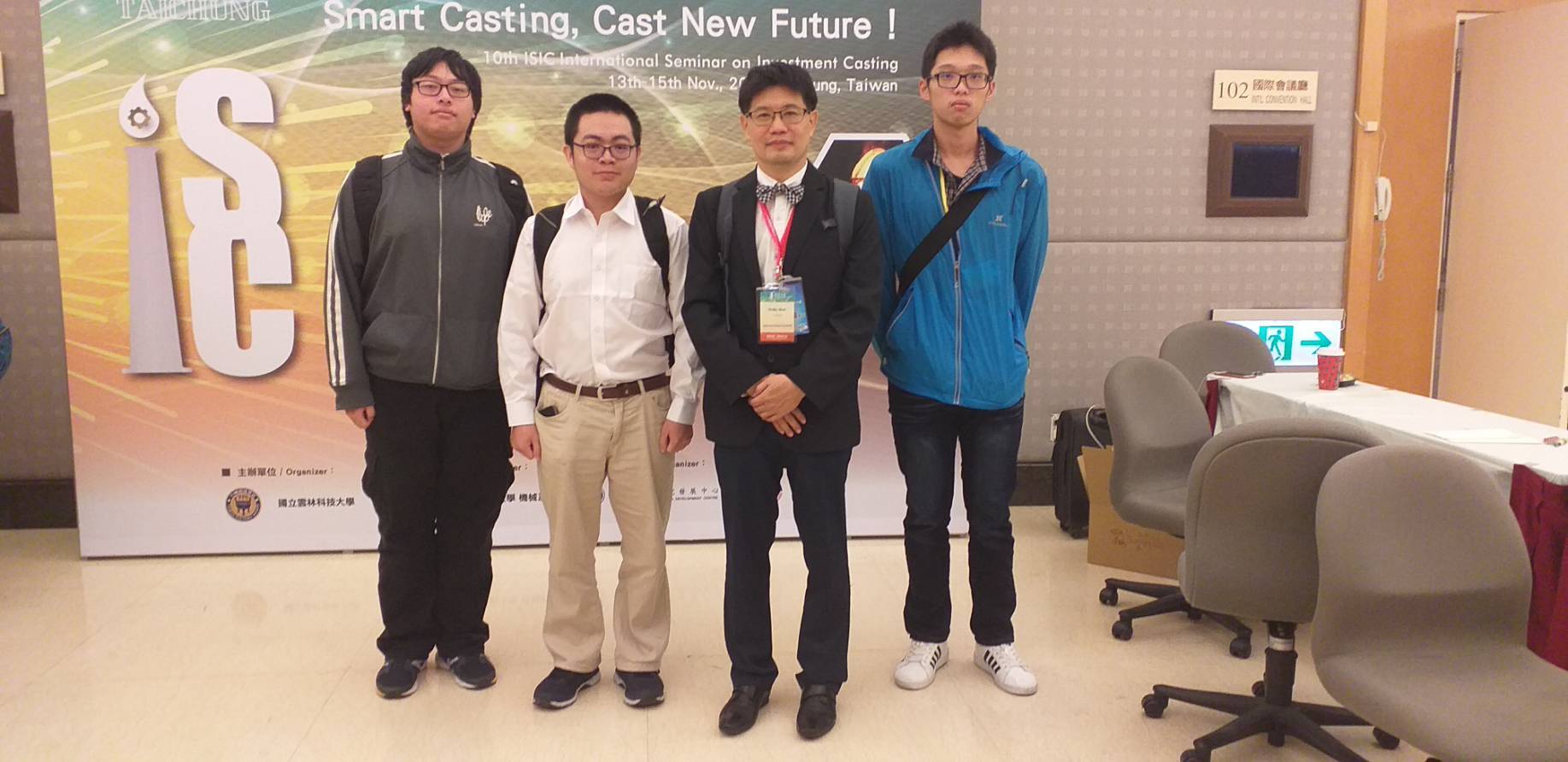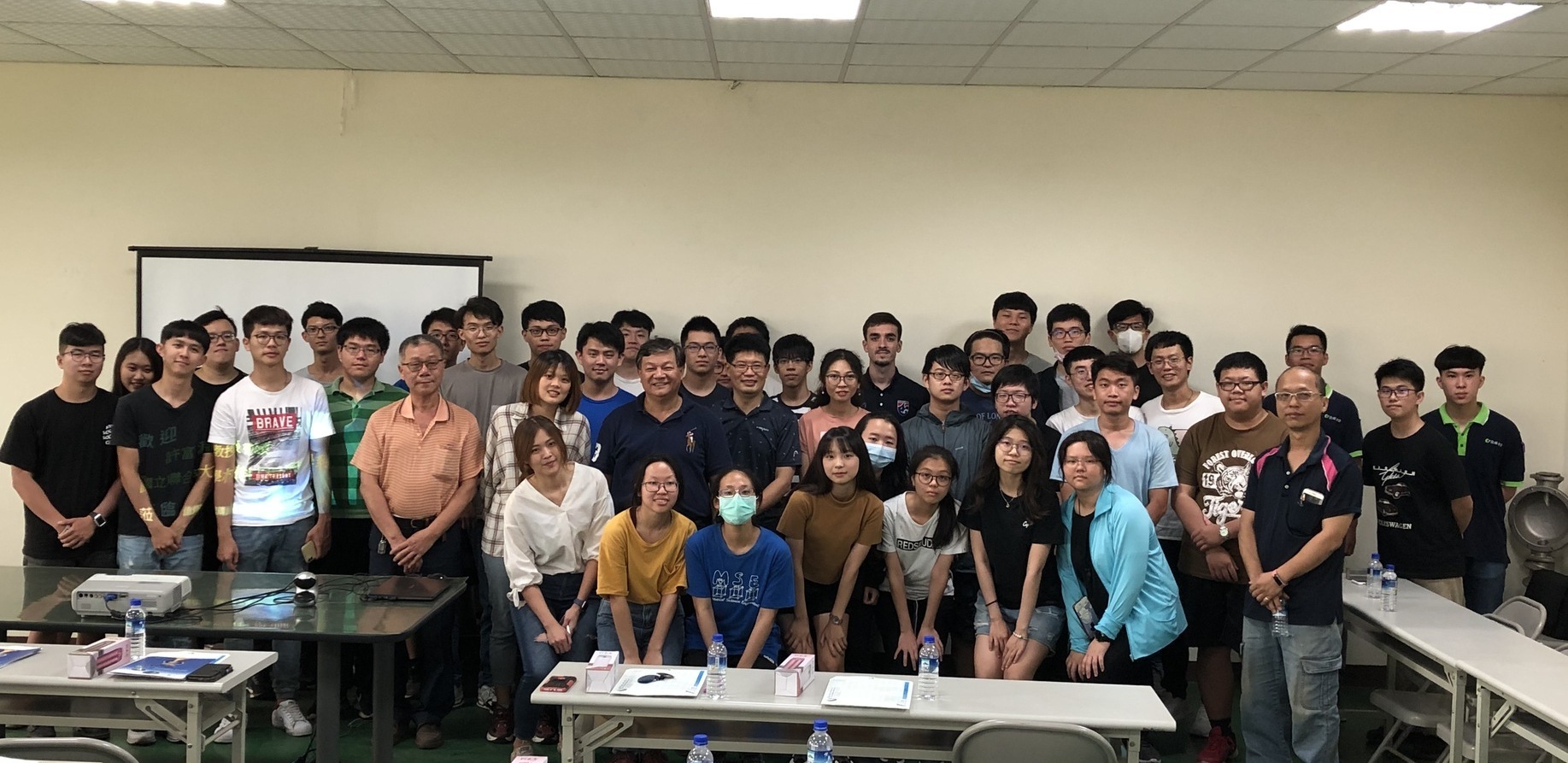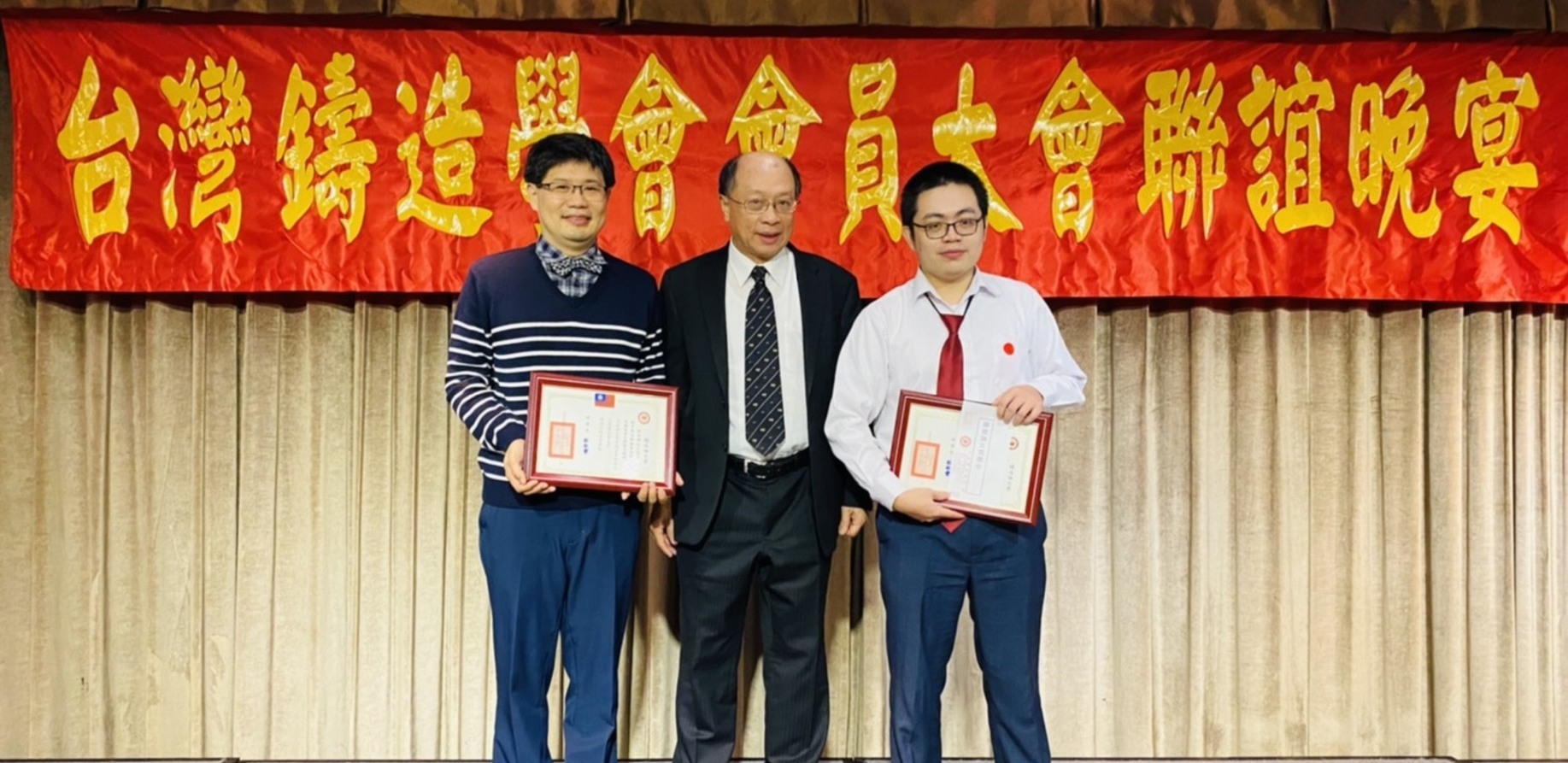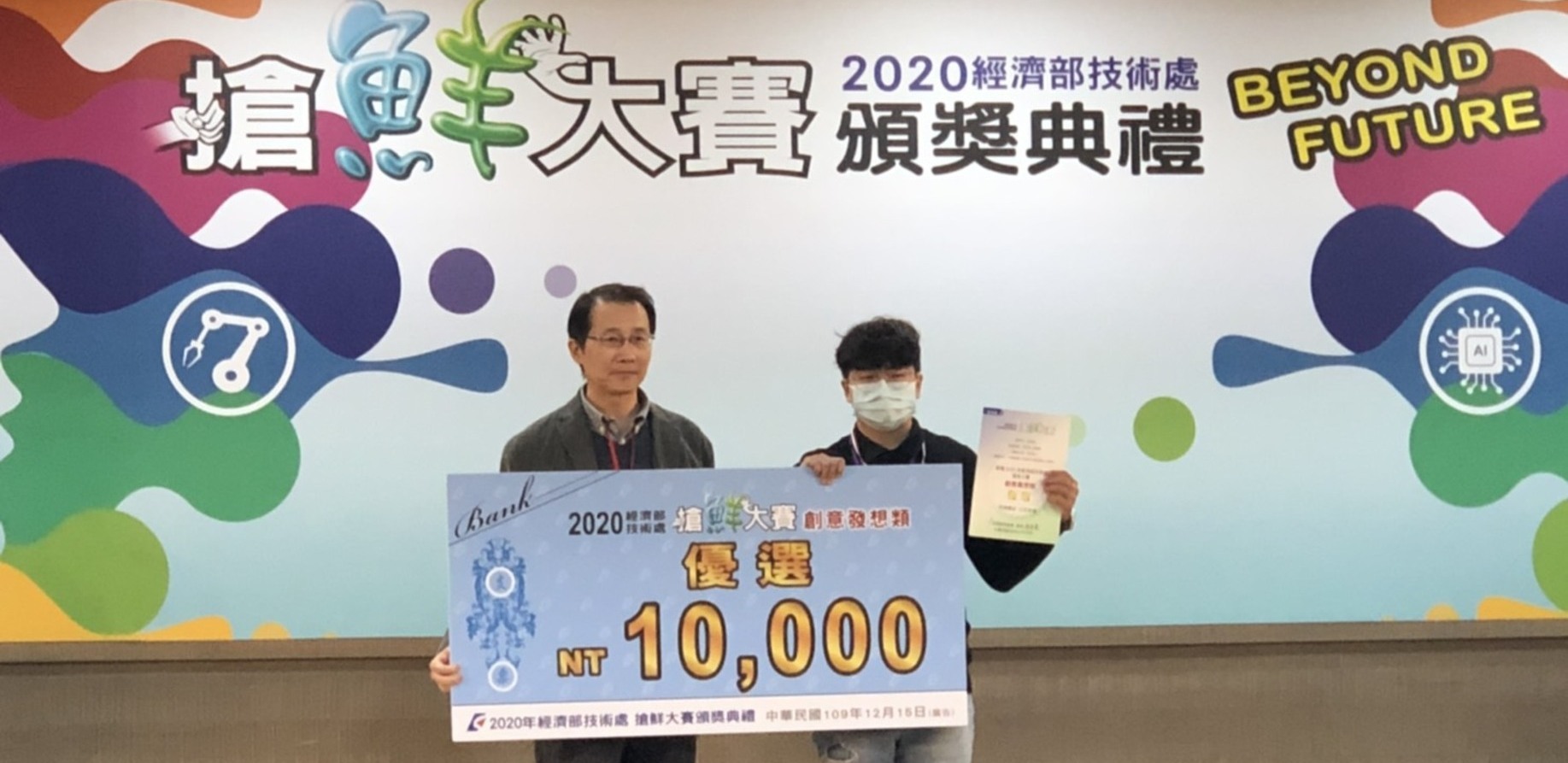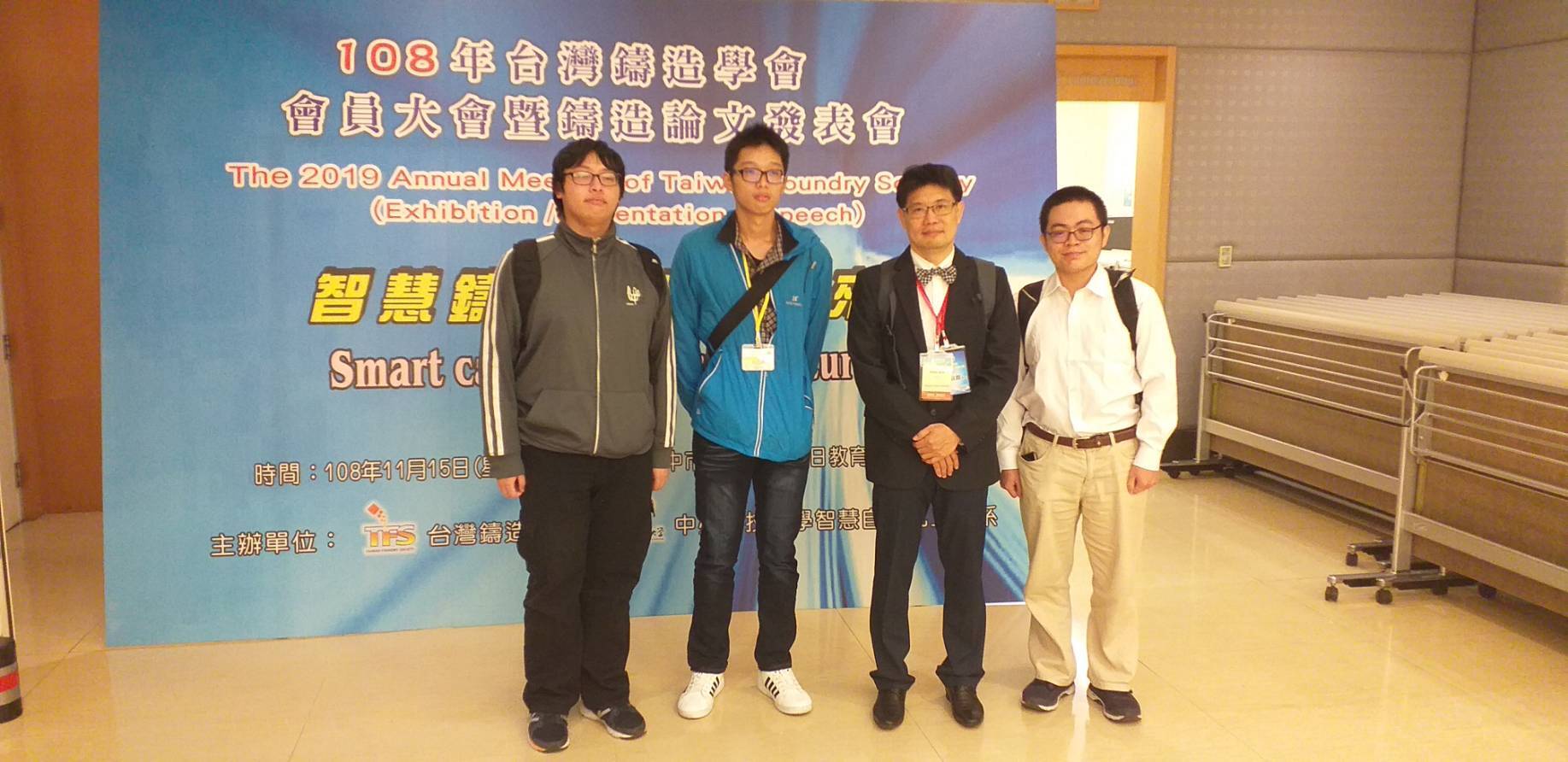Teaching Strategies and Graduation Pathways
Teaching Strategies and Graduation Pathways
Teaching Strategies
The department emphasizes a strong integration of theory and practice, regularly organizing industry visits, internships, special lectures, and academic seminars. These activities foster collaboration with the materials industry, expand knowledge in engineering materials, and strengthen industry-university partnerships. The curriculum primarily focuses on materials engineering and the advancement of high-tech materials technology. Our department's teaching quality and student career prospects are well recognized. We welcome passionate young individuals interested in materials science to join us in shaping a better future.
Graduates from this department possess versatile skills and are well-prepared to work in various sectors, including materials manufacturing, analysis, quality control, management, equipment, and research & development. At United University, we are committed to cultivating professionals with a strong foundation in materials science, adhering to internationally recognized engineering education standards. Through our specialized and comprehensive training, students will be well-equipped to pursue further studies or enter the workforce with confidence, leveraging their expertise in materials science to become indispensable professionals in their respective fields.
Taiwan’s industries are predominantly manufacturing-oriented, with a strong demand for professionals with a background in materials science. This need spans various sectors, from traditional ceramics and steel to mid- and high-level electronics, information technology, semiconductors, and the rapidly growing biomedical and nanotechnology industries.
Aligned with international engineering education accreditation standards, our curriculum is rooted in materials engineering and focuses on developing cutting-edge materials technologies. We are committed to cultivating experts with both theoretical knowledge and practical experience in materials science.
Graduation Pathways
Across all domestic industries, from traditional manufacturing to today's booming electronics, semiconductor, and information technology sectors, manufacturing remains a dominant force, contributing 25% of the nation's GDP—the highest among all industries. Among these manufacturing sectors, materials science plays a critical role. From traditional ceramics and steel to high-end electronics, IT, semiconductors, biotechnology, and nanotechnology, the demand for professionals with a materials science background continues to grow. The high rankings of materials-related departments in university admissions reflect their popularity and highlight the industry's strong need for skilled materials scientists and engineers.
Graduates from this department have diverse and promising career paths, whether pursuing advanced studies in domestic or international research institutes specializing in materials science and engineering or entering the workforce. They can explore opportunities in a wide range of materials-related industries, including metals, ceramics/glass, semiconductors/optoelectronics, and polymers, where their expertise is highly valued.
| Metal field | Ceramics field | Semiconductor field | Polymer field | |
|---|---|---|---|---|
| Field categories | Including steel, aluminum-magnesium alloy, casting, powder metallurgy, composite materials. | Including precision ceramics, multilayer ceramic capacitors, electronic packages, float glass, and optical glass. | Including foundry, memory, TFT LCD, LED and solar energy industries. | Including flexible electronics industries such as OLED and solar cells. |
| Work title | R&D engineers, process engineers, process integration engineers, equipment engineer, production engineers, quality assurance engineers, quality control engineer, purchasing engineer. | |||
| Company or Institution | China Steel, Dragon Steel, Foxconn, Porite, Catcher Technology. | Yageo, Walsin Technology, Chilisin Electronics, Taiwan Glass, Largan Precision, ASE Technology, Genius Electronic Optical Co. | tsmc, UMC, Vanguard, Winbond, Macronix, Epistar, Powerchip, Nanya Technology, Episil, AU Optronics, Innolux, Everlight, Gintech Energy. | AU Optronics, Innolux, Everlight, Motech, E-Ton Solar Tech. |
- R&D Engineer – Focuses on research and development of new materials and technologies.
- Process Engineer – Optimizes manufacturing processes for efficiency and quality.
- Process Integration Engineer - Responsible for optimizing and integrating various manufacturing processes to enhance production efficiency, yield, and product performance.
- Equipment Engineer – Maintains and improves machinery and equipment used in production.
- Production Engineer – Oversees manufacturing operations and ensures smooth production workflows.
- Quality Assurance Engineer – Develops and implements quality standards to maintain product reliability.
- Quality Control Engineer – Monitors and inspects products to ensure they meet required specifications.
- Purchasing Engineer – Manages material procurement and supplier relations for manufacturing.
These roles span across industries such as metals, ceramics, semiconductors, optoelectronics, polymers, and advanced materials, providing graduates with a wide range of opportunities.
Graduates have clear pathways for both academic advancement and career opportunities. They may pursue further studies at domestic and international research institutes or enter the workforce in industries related to materials engineering, including metals, ceramics, glass, semiconductors, optoelectronics, and polymers. With their specialized expertise, they will become indispensable professionals in a variety of fields.

